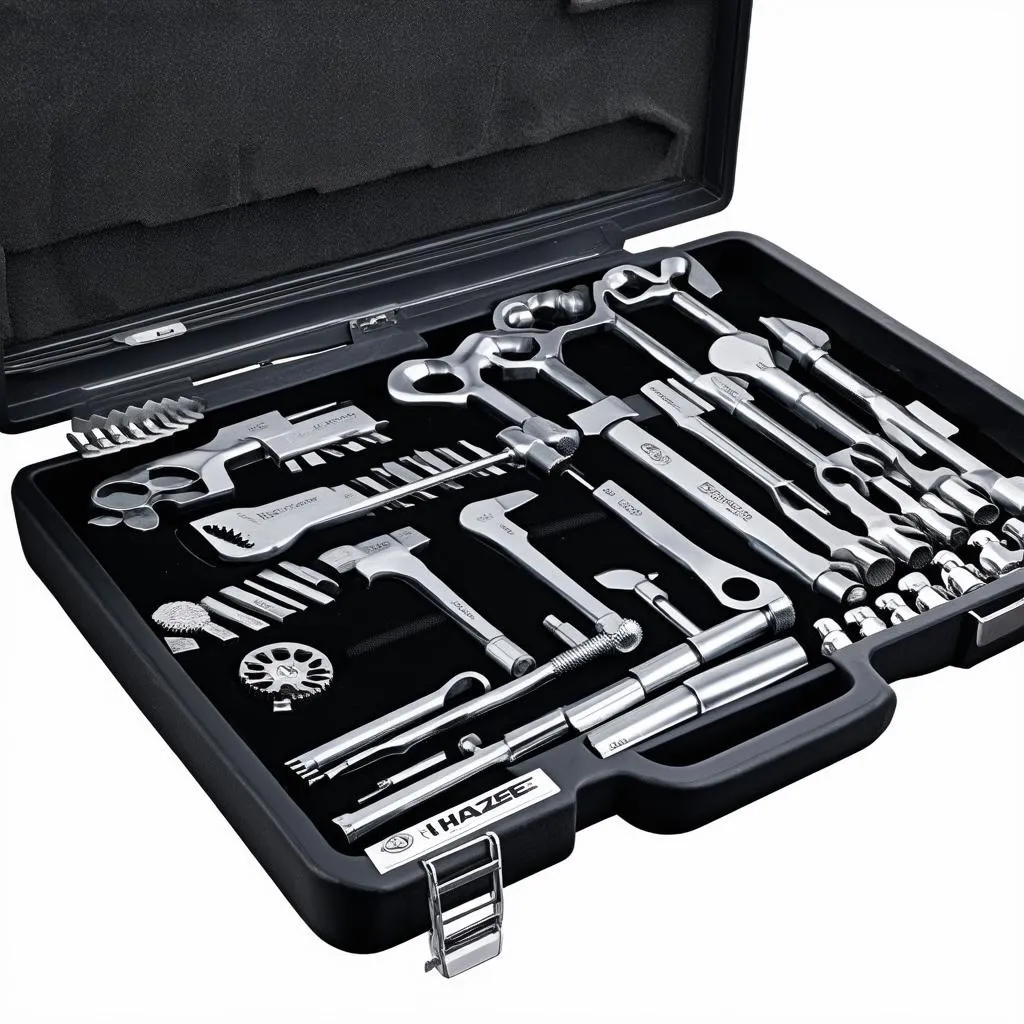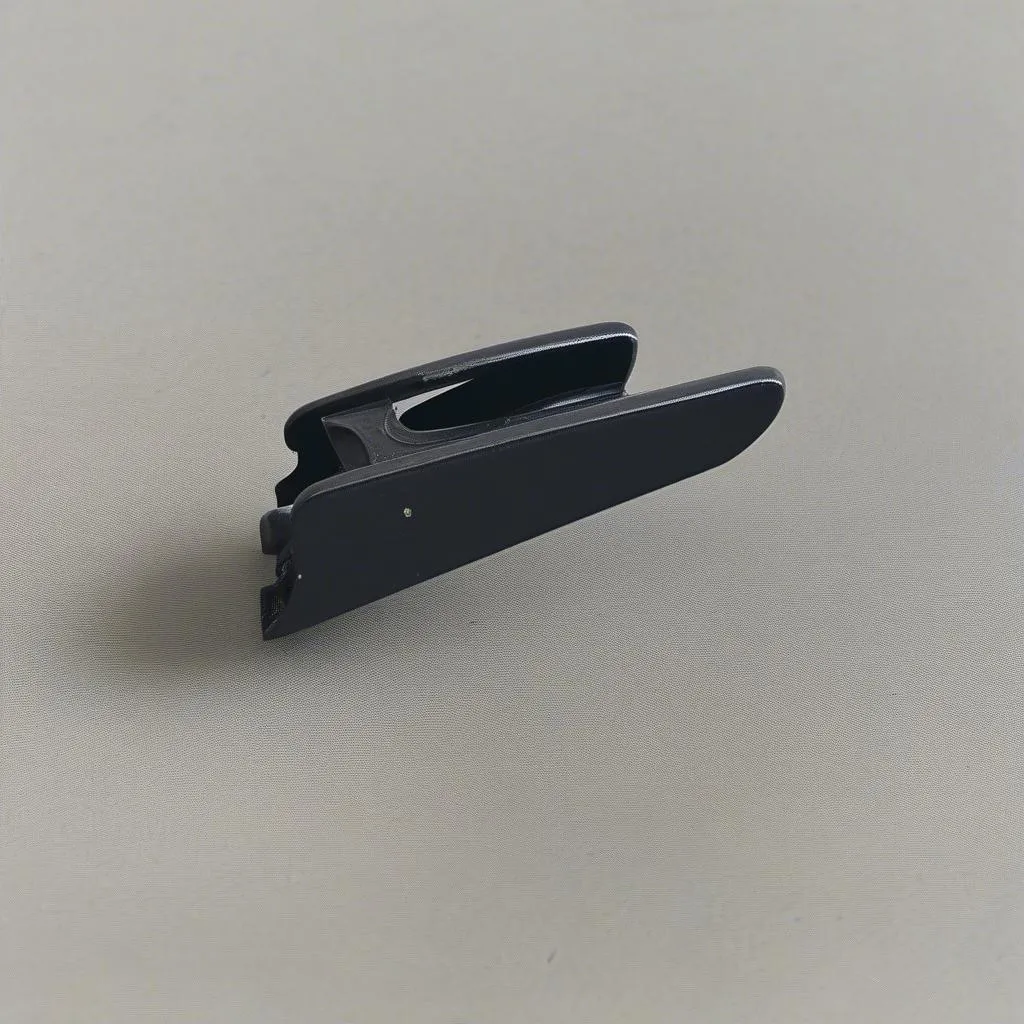Mercedes-Benz vehicles are renowned for their luxury, performance, and sophisticated engineering. But what happens when something goes wrong? Is fixing a Mercedes a DIY endeavor or a specialist’s domain?
This article delves into the complexities of Mercedes repairs, empowering you to understand the challenges and make informed decisions about your prized vehicle.
Decoding the Mercedes Mystique
While Mercedes vehicles are marvels of engineering, their complexity can make repairs seem daunting. Several factors contribute to this perception:
1. Intricate Systems and Specialized Parts
Modern Mercedes are packed with advanced technology, from powerful engines and intricate transmissions to complex electronic control units (ECUs) and driver-assistance systems. These intricate systems often require specialized tools and knowledge to diagnose and repair effectively.
For instance, accessing certain components might necessitate specialized tools that the average DIYer doesn’t possess. Additionally, sourcing genuine Mercedes parts can be more expensive than those for other car brands.
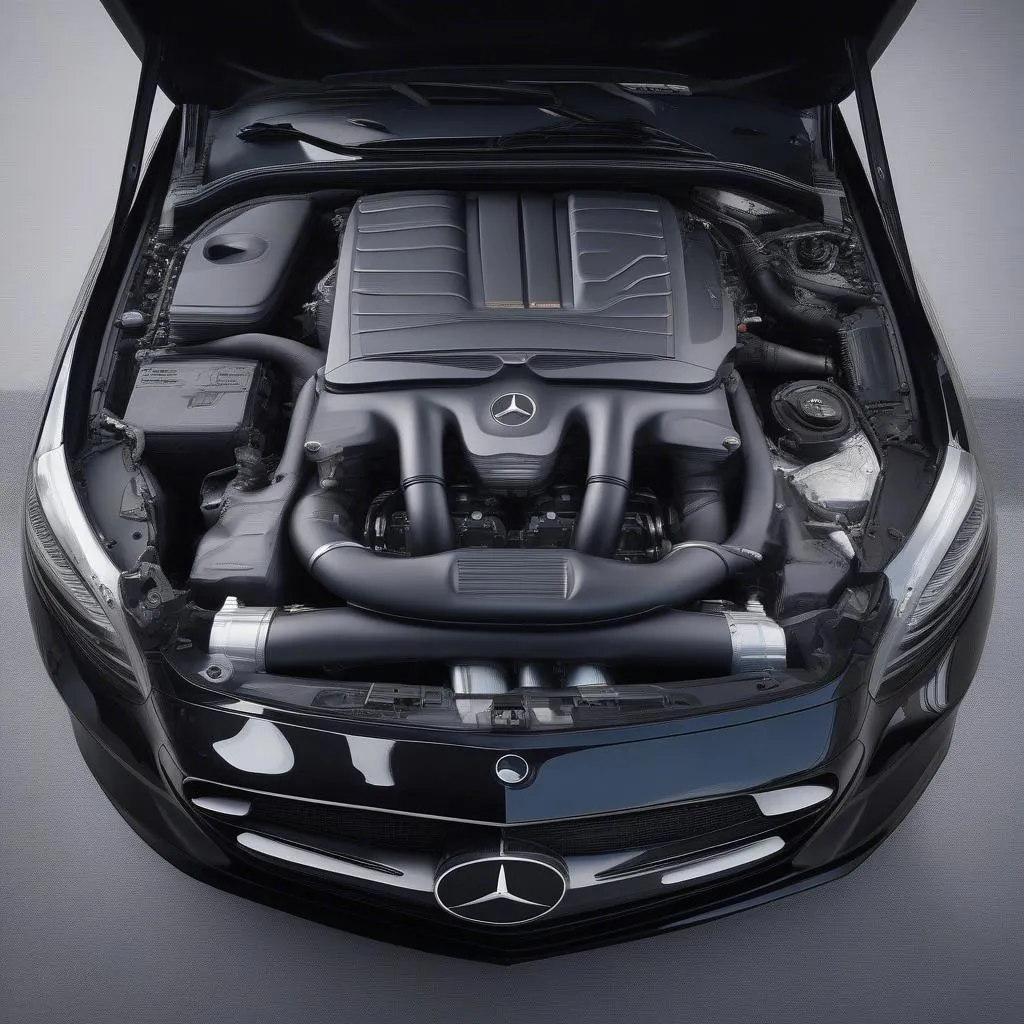 Mercedes Engine
Mercedes Engine
2. Proprietary Software and Diagnostics
Mercedes utilizes proprietary diagnostic software and equipment, often referred to as Mercedes-Benz Star Diagnostic System (SDS). This sophisticated software provides in-depth access to the vehicle’s systems, allowing technicians to read error codes, perform diagnostics, and program modules.
Without access to this specialized software and the knowledge to interpret its data, troubleshooting and repairing a Mercedes can be extremely challenging.
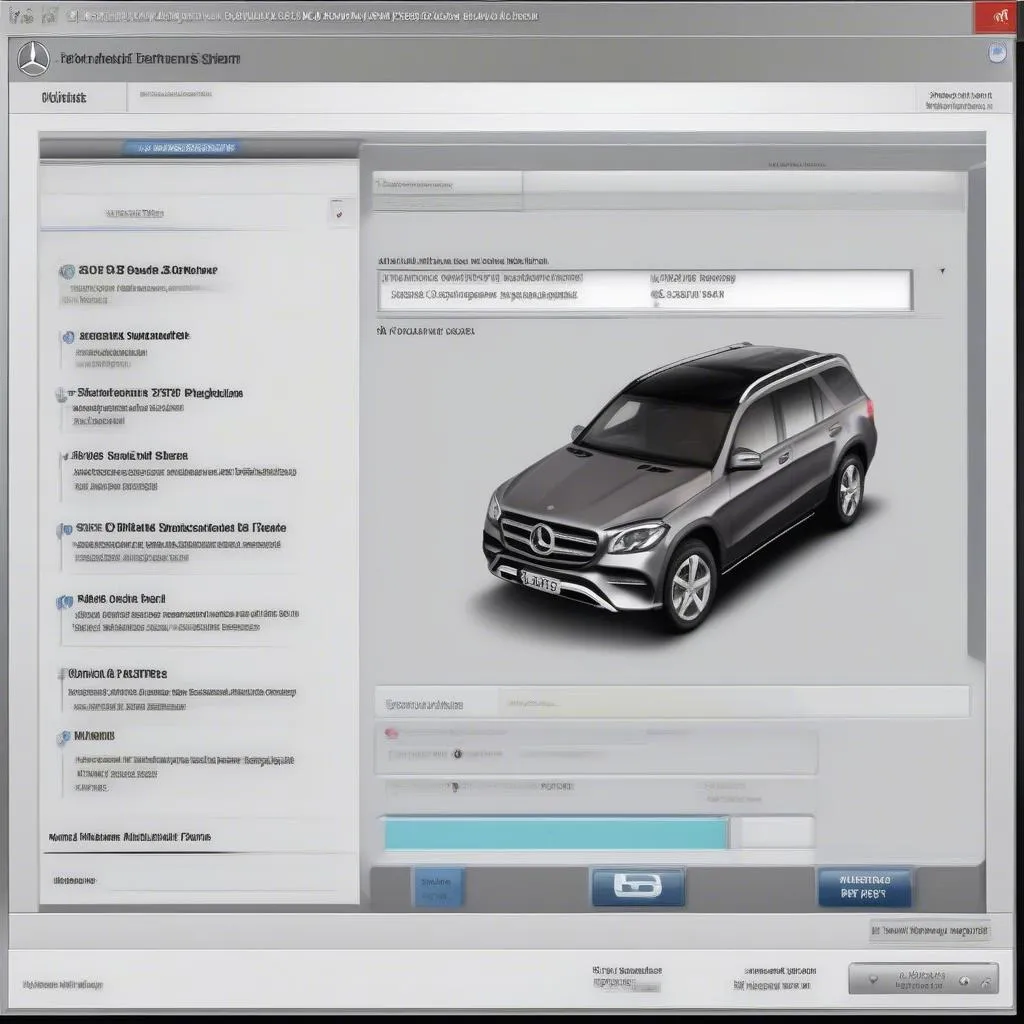 Mercedes Diagnostic Software
Mercedes Diagnostic Software
3. Labor Costs and Expertise
Due to the specialized nature of Mercedes repairs, finding experienced and qualified technicians is crucial. Dealerships and specialized independent shops often employ technicians with extensive Mercedes training and experience, but their expertise comes at a premium.
Labor costs for Mercedes repairs can be higher compared to more mainstream brands, further adding to the overall expense.
When DIY is Possible
While some Mercedes repairs demand specialized expertise, certain maintenance tasks and minor repairs can be tackled by mechanically inclined owners. Here are a few examples:
- Basic Maintenance: Tasks like oil changes, air filter replacements, and brake pad replacements can be performed at home with basic tools and some mechanical aptitude. However, even these seemingly simple tasks might require specific procedures or tools outlined in the owner’s manual.
- Battery Replacement: Replacing a car battery is generally straightforward, but Mercedes vehicles, especially newer models, often have complex battery management systems that might require resetting or coding after a battery swap.
- Light Bulb Replacements: Replacing exterior lights like headlights and taillights is usually manageable, but accessing and replacing interior lights or bulbs in tight spaces can be tricky.
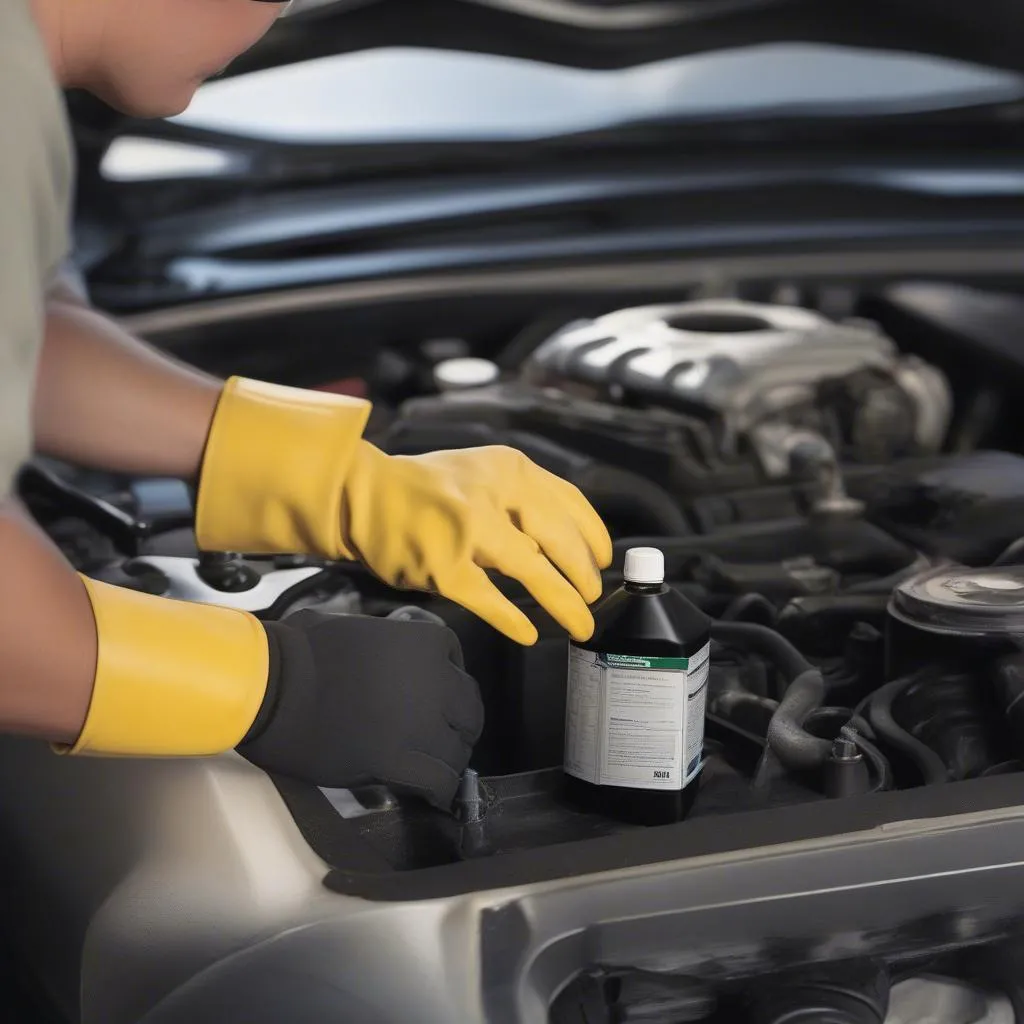 DIY Car Maintenance
DIY Car Maintenance
When to Call in the Pros
Certain Mercedes repairs are best left to the professionals due to their complexity and potential risks. These include:
- Engine and Transmission Issues: Diagnosing and repairing engine or transmission problems requires specialized knowledge, tools, and often involves disassembling major components.
- Electrical System Malfunctions: Modern Mercedes are heavily reliant on electronics. Troubleshooting and repairing electrical issues, especially those related to ECUs, sensors, or wiring harnesses, necessitate advanced diagnostic equipment and expertise.
- Safety System Repairs: Tampering with safety-critical systems like airbags, seatbelt pretensioners, or advanced driver-assistance systems (ADAS) can have serious consequences and should only be handled by qualified professionals.
FAQs: Navigating Mercedes Repairs
Q: Are Mercedes expensive to fix?
While Mercedes repairs can be more expensive than some other brands, costs vary greatly depending on the model year, specific problem, and the chosen repair facility.
Q: Can I use aftermarket parts to save money?
While aftermarket parts can be cheaper, it’s generally recommended to use genuine Mercedes parts, especially for critical components. Using aftermarket parts might void certain warranties or lead to compatibility issues.
Q: Can I diagnose my Mercedes myself?
While some basic code readers might provide generic error codes, investing in a dedicated Mercedes-Benz diagnostic tool like those offered by CARDIAGTECH can give you more detailed insights into your car’s health.
Conclusion
Fixing a Mercedes can range from straightforward DIY tasks to complex repairs requiring specialized equipment and expertise. Understanding your vehicle’s intricacies and knowing your limits as a DIY mechanic is crucial. When in doubt, consult a qualified Mercedes technician to ensure your prized vehicle receives the care it deserves.

